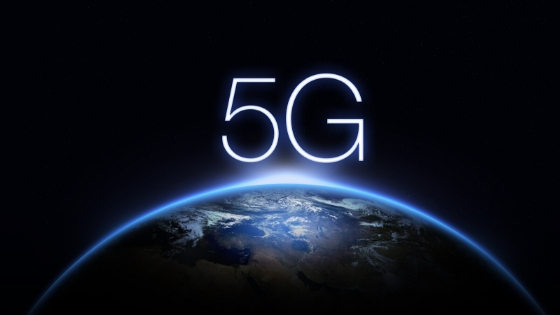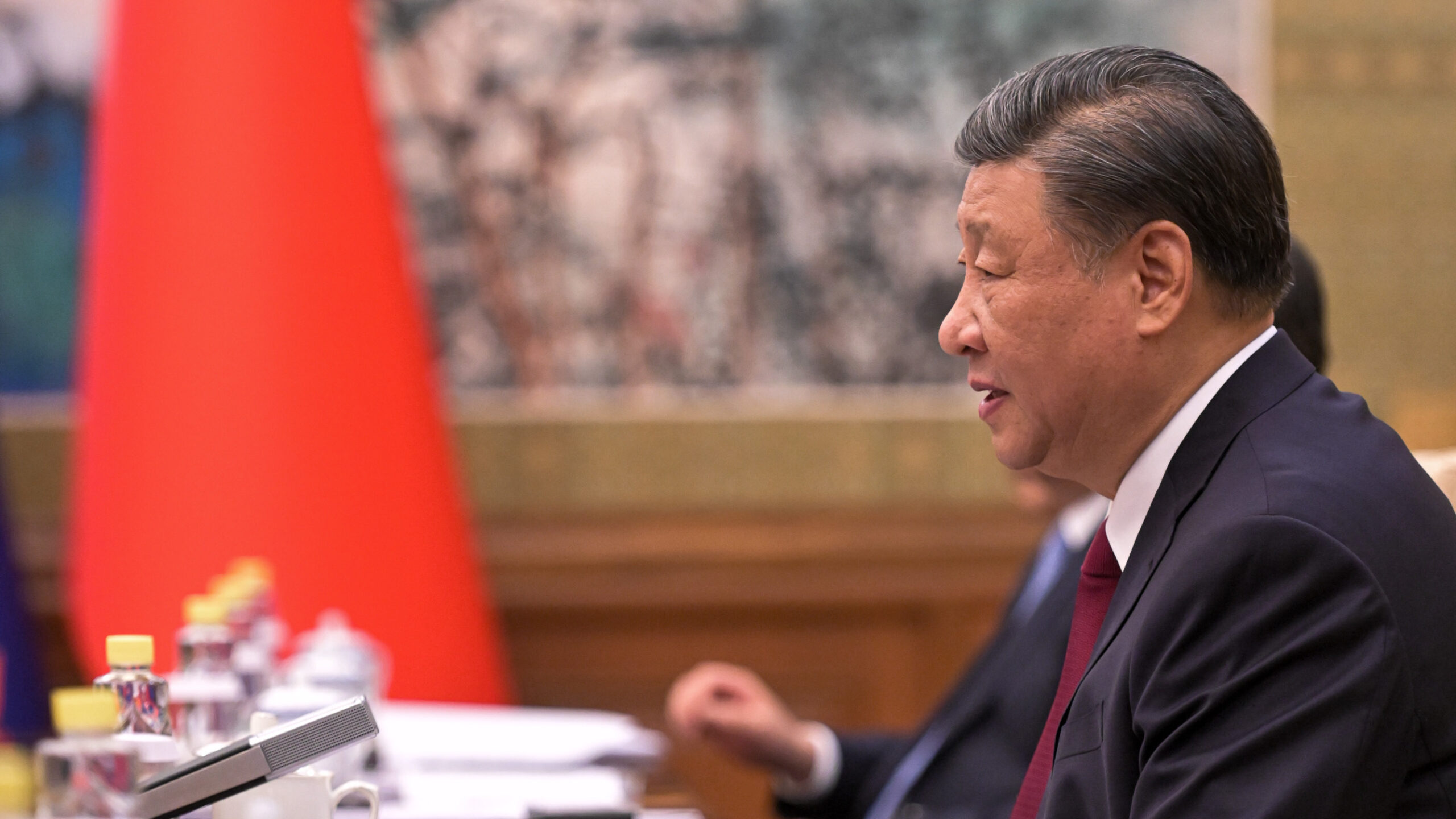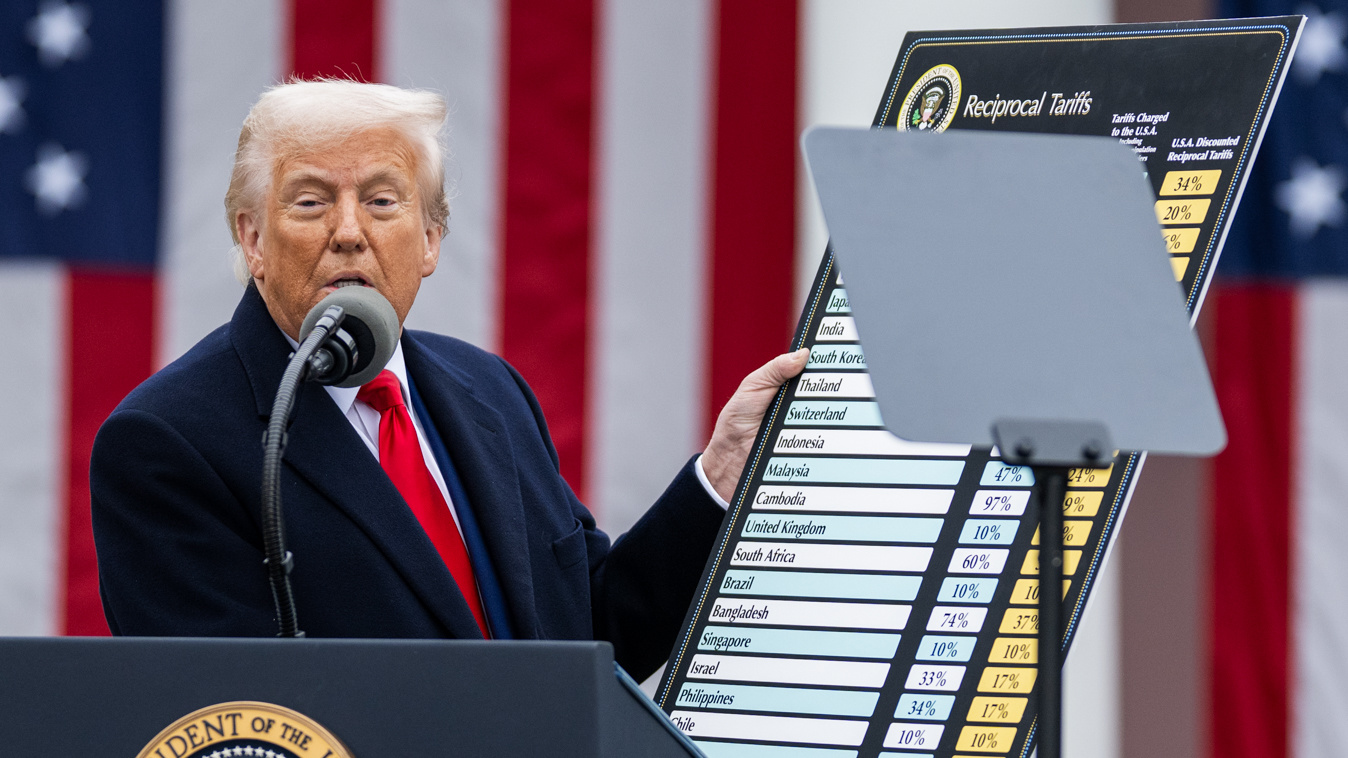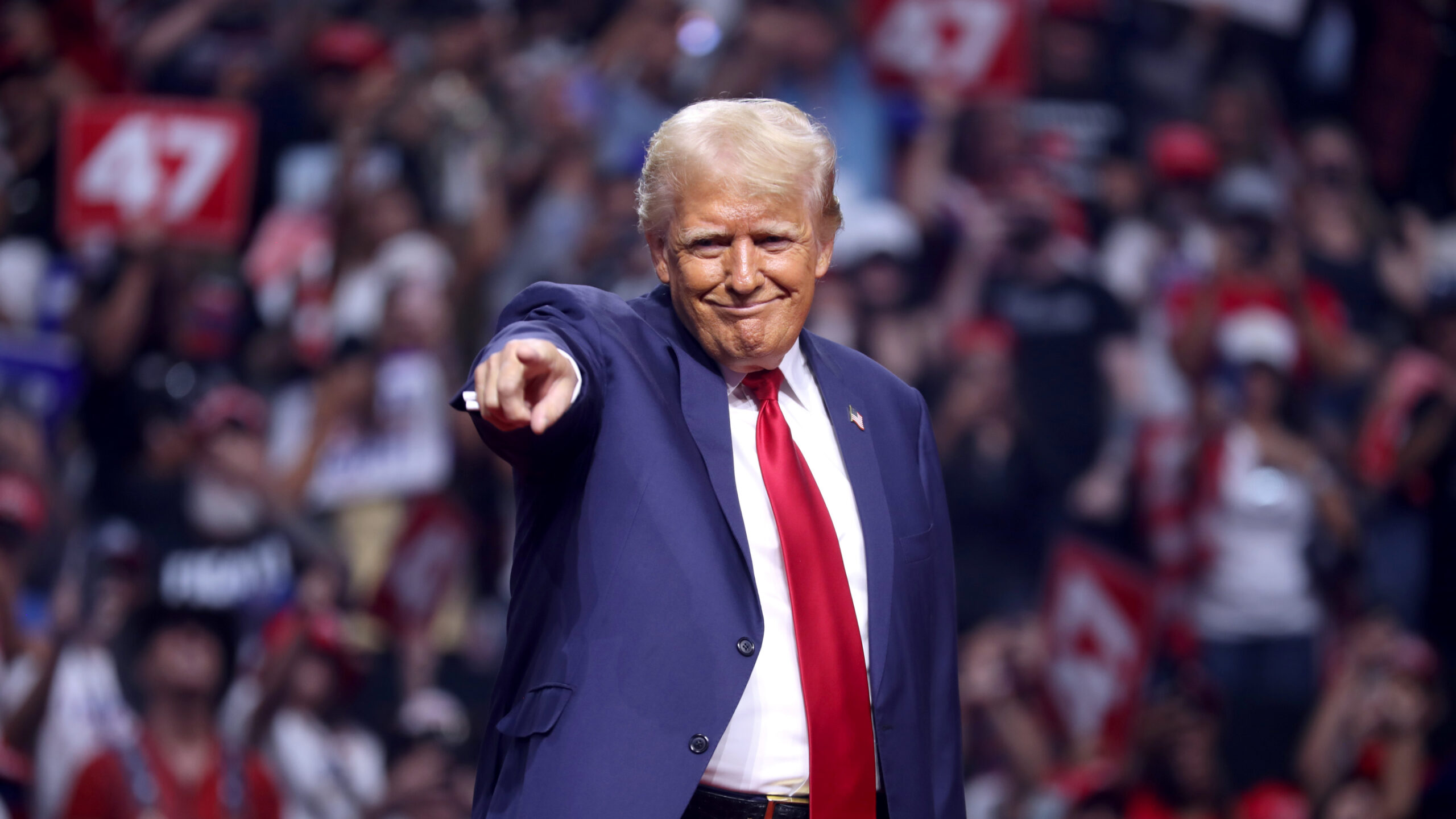Editor’s note: This is an interesting legislative initiative for industrial strategy in the US, focused upon 5G. The US needs a combination of tariffs, industrial strategy and exchange rate realignment to win the global competition for good jobs and industries.
Bipartisan bill would subsidize tech firms in their efforts to compete with Beijing-backed Huawei
[Drew Fitzgerald | January 15, 2020 | WSJ]
A bipartisan group of U.S. senators, alarmed by the rise of Chinese electronics supplier Huawei Technologies Co., wants Washington to subsidize firms that could counter China’s 5G advances.
The proposed Utilizing Strategic Allied Telecommunications Act would steer at least $750 million toward companies developing fifth-generation, or 5G, wireless technology and create a separate $500 million fund for companies that deploy “trusted and secure” equipment around the world.
Sens. Richard Burr (R., N.C.) and Mark Warner (D., Va.), who lead the Senate’s intelligence committee, introduced the bill.
A draft version of the law didn’t name specific companies, but its sponsors said the move would challenge Chinese telecom-equipment makers. Shenzhen-based Huawei has become the world’s top supplier of cellular radio equipment. U.S. officials have accused the Chinese government of subsidizing Huawei’s growth abroad through low-cost loans and other support that gives the company an edge against Western rivals.
Huawei has said that it benefits from government support available to any company.
Andy Purdy, Huawei’s chief security officer in the U.S., said that the bill included worthwhile provisions to promote 5G research but questioned the government’s process for determining which equipment is “trusted and secure.”
“This part of it is misguided and I think unnecessary,” he said.
U.S. national-security officials have grown increasingly worried about Huawei’s influence in recent years as cellphone carriers start to upgrade their networks to 5G specifications. That technology allows companies to control more corners of their networks remotely, making them vulnerable to hacking and other disruption.
Under the proposed law, the U.S. government would tap at least $750 million from auctions of wireless-spectrum licenses by the Federal Communications Commission over the next five years. The FCC already has lined up two major spectrum auctions this year that could raise tens of billions of dollars from Verizon Communications Inc. VZ +0.04% and AT&T Inc., T -0.43% among others. The bill would collect $750 million or 5% of all auction proceeds, whichever is greater.
The new innovation fund would support research and development by any company into open-standards 5G technology. The open-standard requirement could help smaller domestic companies gain a foothold in a market that the U.S. has largely ceded to European and Asian companies. Huawei’s closest rivals in the cellular radio market are Ericsson ERIC +0.40% AB and Nokia Corp.
The administrator of the National Telecommunications and Information Administration, a division of the Commerce Department, would oversee grants from the innovation fund in consultation with other agencies. The NTIA has faced turnover over the past year amid interagency squabbles that have sometimes delayed the Trump administration’s implementation of 5G policies. The acting NTIA administrator resigned in December.
The bill would raise a further $500 million for a Multilateral Telecommunications Security Fund controlled by the secretary of state. U.S. officials could use those funds to help support purchases of non-Chinese equipment abroad, where they have struggled to persuade corporate and government officials to steer clear of Huawei. The security fund would also help U.S. representatives play a bigger role in drafting international engineering standards, another area where Chinese companies have become more active.
Write to Drew FitzGerald at [email protected]
Corrections & Amplifications
The innovation fund proposed by a bipartisan group of senators would support research and development by any company into open-standards 5G technology. An earlier version of the article’s headline incorrectly implied it would support only U.S. companies. (Jan. 15, 2020)
Read the original article here.












